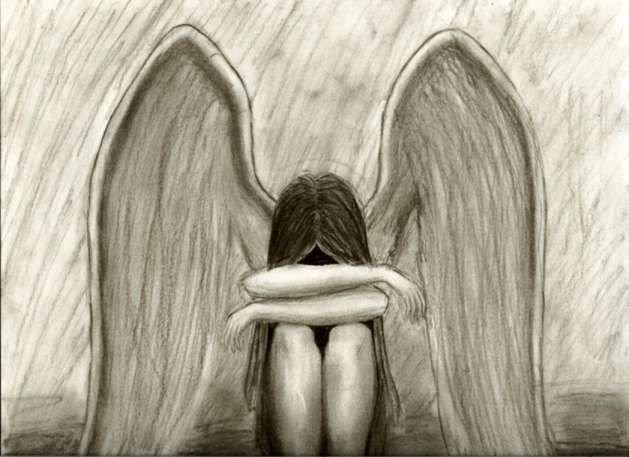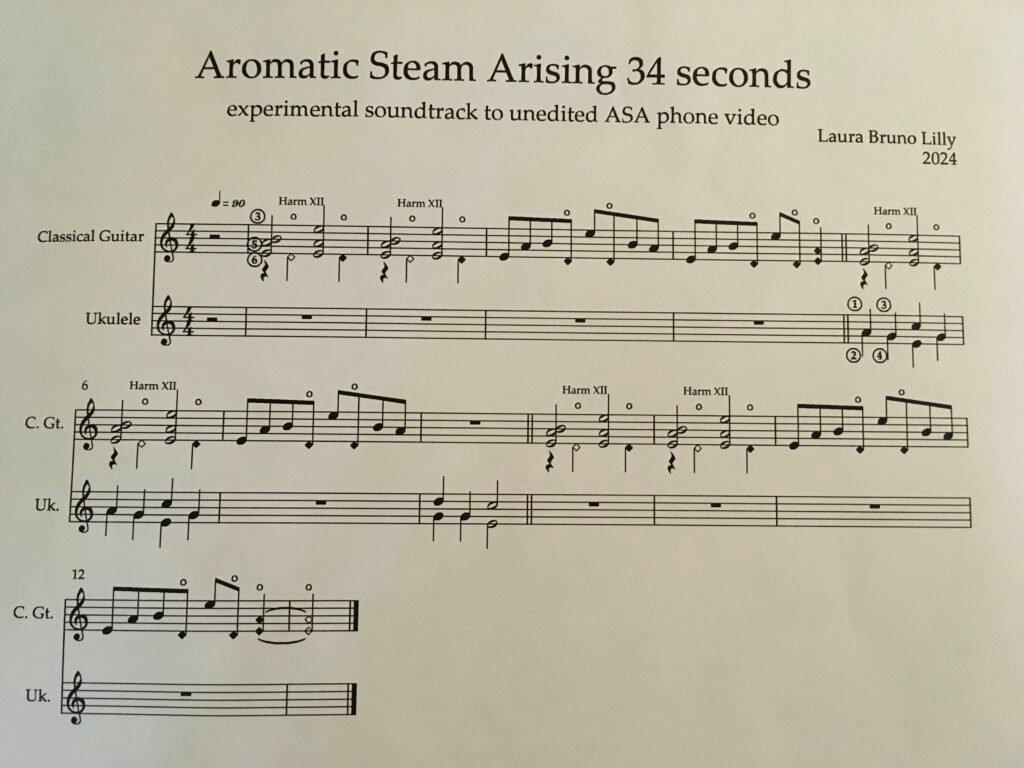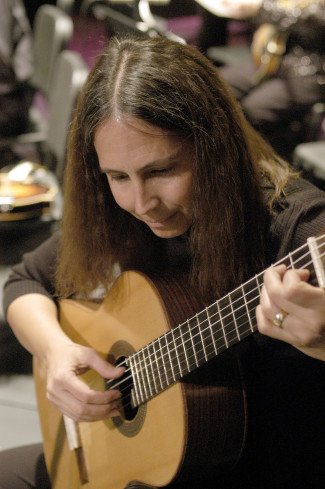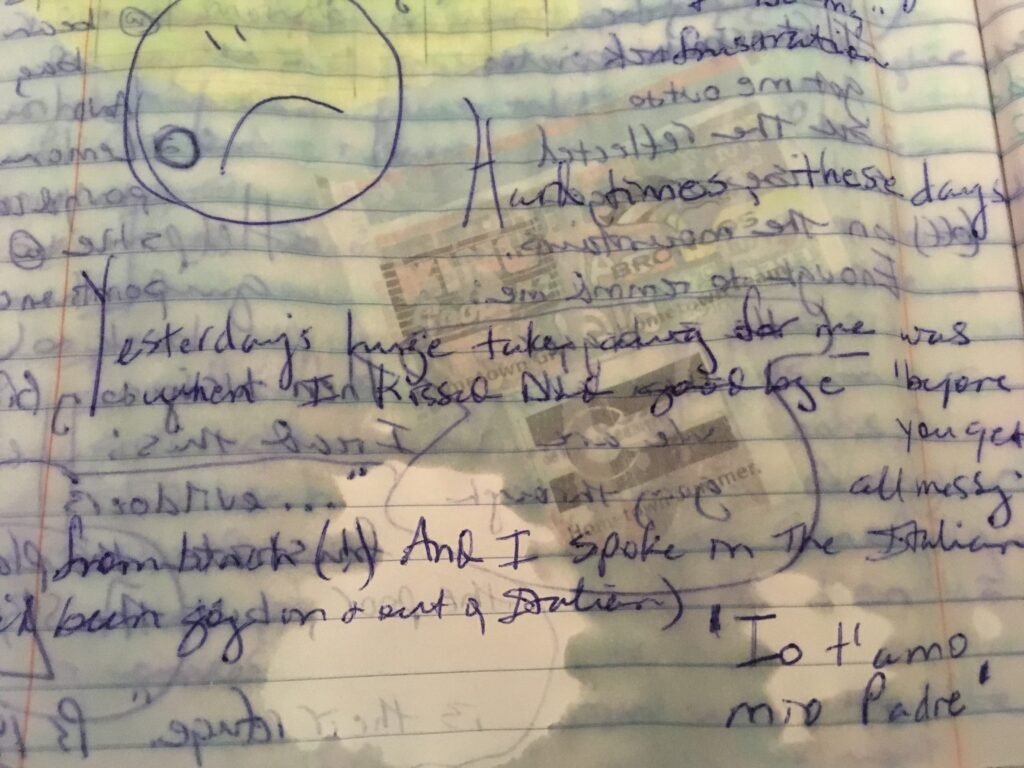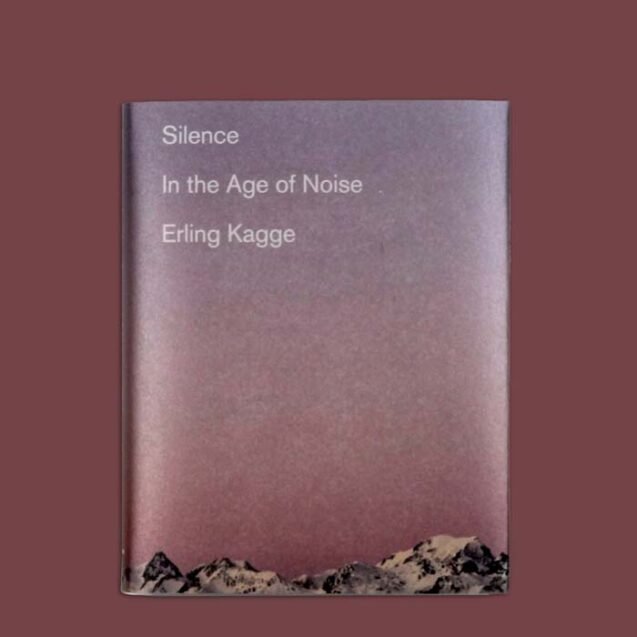Like many of you, I’m finding it difficult to post regularly. For whatever reason, and there are many significant factors involved, it’s just how things are for me right now. An easing back into the blogging rhythm just hasn’t presented itself before now.
I’ve noticed several bloggers I follow have courageously forged forth with timely posts echoing thoughts, hopes, struggles, fears and outrage similar to my own on the ceaseless chaos & cruelty that is bombarding the local & world stage.
One such blogger, Deborah Brasket, gave me a way to segue from my last post in February to today’s post.
In her post, Tending Beauty in an Uncertain World, she eloquently speaks of the tenuous balance she is trying to maintain in her (he)art, everyday life, and social responsibility.
“Like many of you, I struggle to balance myself in this uncertain world where the rule of law and so many institutions of democracy are crumbling around us. Where we are falling into fascism, failing to support human decency, our friends and allies, and the values that made America the land of the free and the home of the brave.
Like many, I falter between hope and despair. I struggle to know how to live this life I love as it is being destroyed from within.
Can I go on writing my novels, tending my garden, blogging about beauty, living a life of peace and tranquility? Do I abandon my piano, my artwork, my joy in living?
Do I take up arms and march in the streets? Can I do both? Will one taint the other? Will my joy be lessened, my rage take control?”
Deborah Brasket
I relate.
She found some insight in a poem by Gloria Horton-Young, The Quiet Art of Resistance.
I found some insight in a snippet from May Sarton’s journal entitled, At Seventy.
“It is order in all things that rests the mind…So what is the inward order that makes it possible to shut out the chaos around me as I sit here? Perhaps a strong sense of what my priorities are – first friends, then work, then the garden. If I died suddenly, how bitterly I should regret work undone, friends unanswered. As for the garden, that is my secret extravagance and one has to have one…The garden is where my madness lies, and that is a more useful madness than drunkenness or a tantrum…”
May Sarton
My priorities as per Sarton’s template?
First – family, friends and relationships (including my faith in a loving, caring God), then work- my music and all manner of my (he)art, then the garden – literally and all manner of other outlets.
There are other priorities, certainly…which makes for a good solid team in countering chaos & cruelty!
I am not going to give up on the beautiful and the good – I will not allow the ethos of the times to blur my vision or stifle my heart. Choosing priorities over chaos – sharing, caring, kindness, love, knowledge, truth – is exercising freedom in its purest sense.
“Finally, beloved, whatever is true, whatever is noble, whatever is right, whatever is pure, whatever is lovely, whatever is admirable – if anything is excellent or praiseworthy – think about such things.” Philippians 4:8

